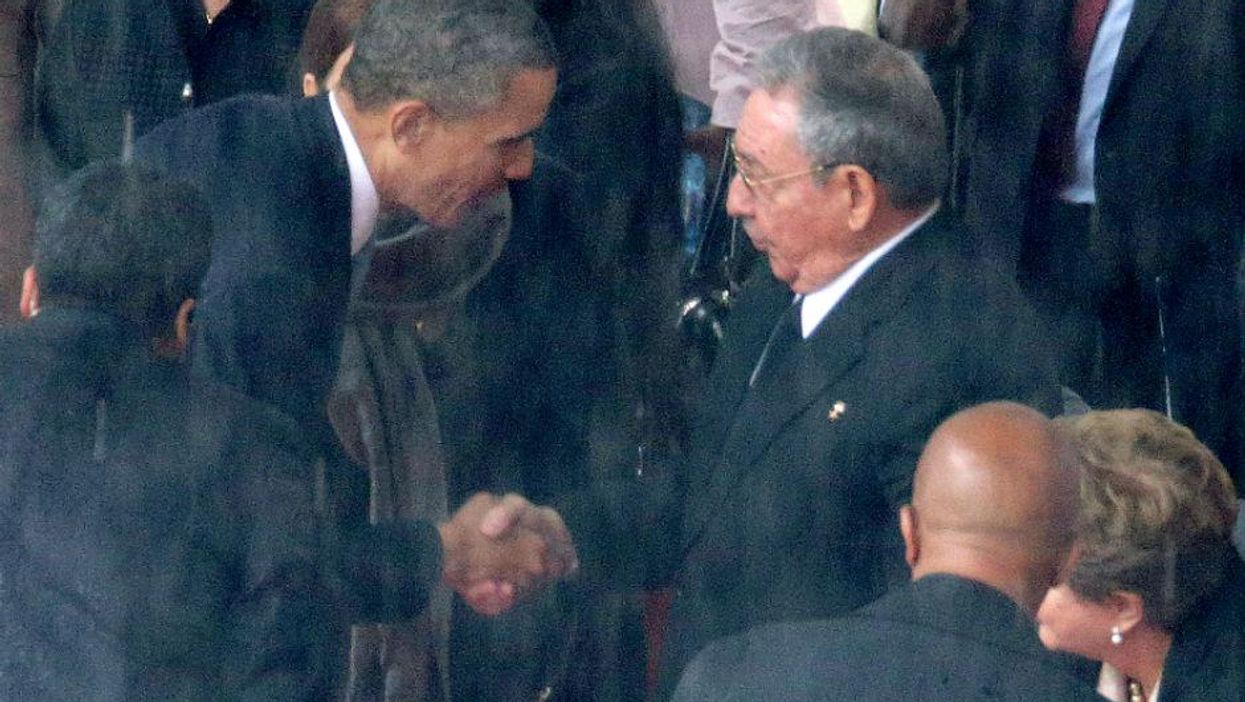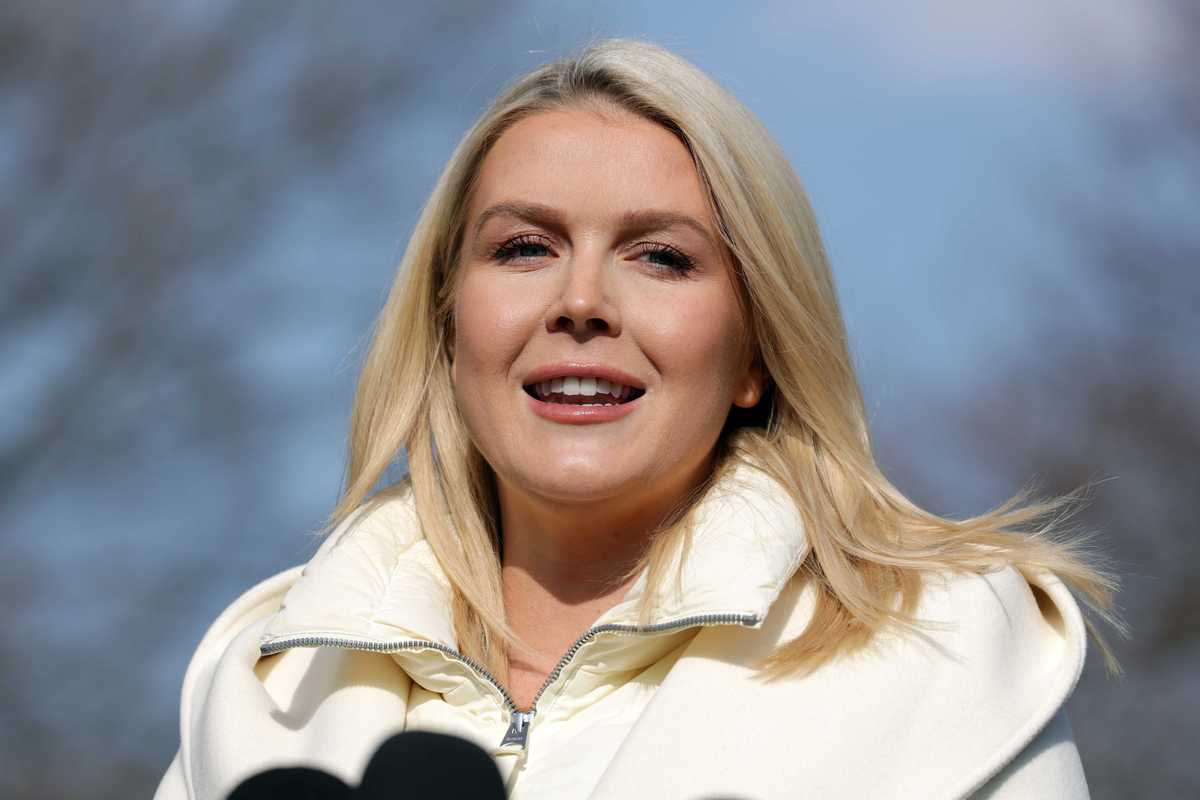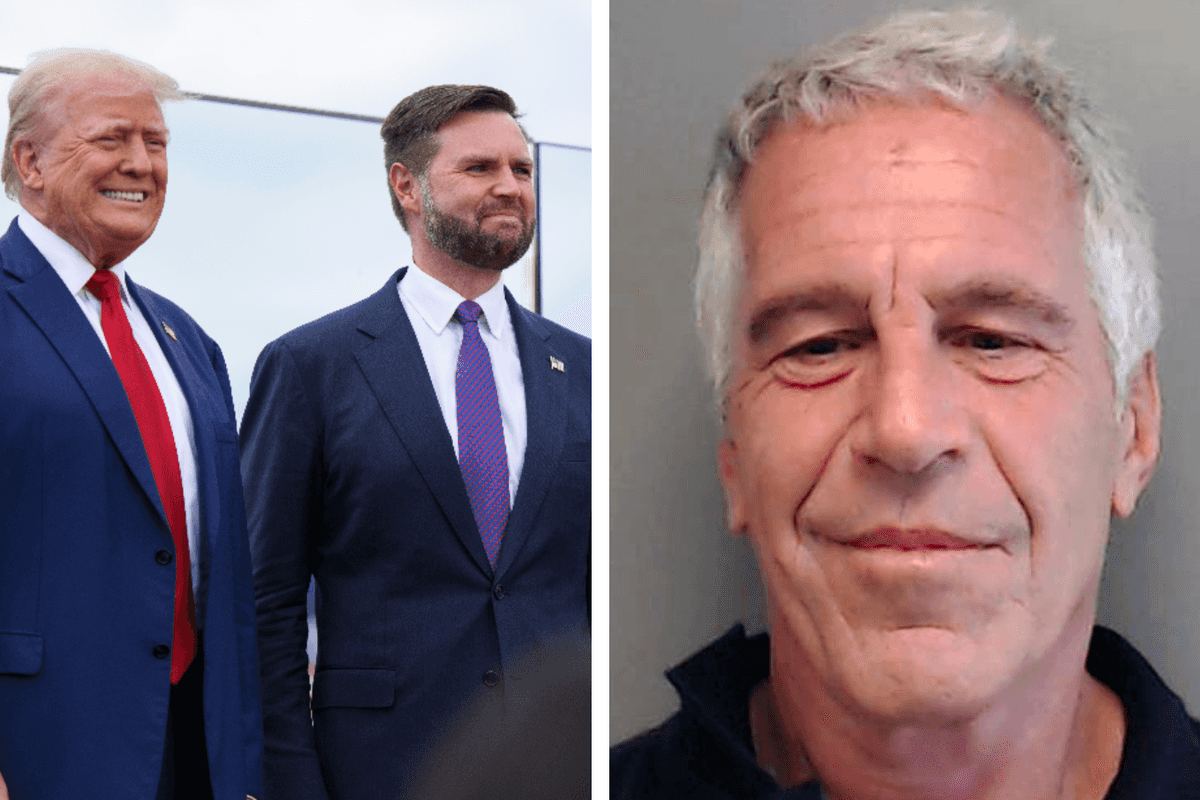News
Evan Bartlett
Dec 17, 2014

The US and Cuban presidents shake hands at Nelson Mandela's funeral last year - the first such gesture since 1959
What is happening?
The United States and Cuba will start negotiating full diplomatic relations, marking a significant shift in US policy towards the communist island.
The US president Barack Obama and Cuban president Raul Castro spoke for 45 minutes via telephone yesterday.
Mr Obama held a press conference at midday in Washington DC (5pm GMT) and Mr Castro spoke at the same time from Havana.
What did they say?
The US president said the "outdated approach" would be ended and emphasised the fact that 50 years of embargoes had not worked.
He said a US embassy will be set up in Havana, businesses will be able to trade again and the embargo will be reviewed by Congress.
Though this policy [of a trade embargo] had been rooted in the best of intentions, no other nation joins us in imposing these sanctions and it has had little effect... These 50 years have shown that isolation has not worked, it's time for a new approach.
I do not expect the changes today to bring about a transformation of Cuban society overnight. But I am convinced that by a policy of engagement we can more effectively stand up for our values and help the Cuban people help themselves as they move into the 21st century.
- Barack Obama
Mr Obama quoted revolutionary Cuban poet Jose Marti: "Liberty is the right of every man to be honest." He also added, in Spanish, "Todos somos Americanos" (We are all Americans).
Cuban leader Raul Castro said profound differences remain between Cuba and the US in areas such as human rights, foreign policy and questions of sovereignty. But he said the countries have to learn to live with their differences "in a civilized manner".
We have agreed to re-establish diplomatic relations. This does not mean that the main problem has been resolved. The economic blockade, which damages our nation on human and financial terms, must come to an end.
We recognise that we have deep differences, fundamentally to do with national sovereignty, with democracy, with human rights and with foreign policy. I want to stress our willingness to have dialogues on all these subjects.
- Raul Castro
Why now?
The news follows Alan Gross, a US citizen who had been held prisoner in Cuba for five years, being released this morning in exchange for three Cuban men who had been held in Florida on charges of "spying".
The three men were part of the infamous "Cuban Five" - a group who were sent by Fidel Castro to spy in south Florida - the two others were recently allowed to return to Cuba after completing their sentences. According to the Associated Press the men are hailed as heroes in Cuba.
Negotiations have been taking place for 18 months and were encouraged by Pope Francis who had held a meeting at the Vatican.
Relations have thawed somewhat since 2010 when Fidel's brother Raul came to power - he shared a handshake (pictured) with Mr Obama at Nelson Mandela's funeral last year.
It is understood that Fidel did not take part in the negotiations.
What's the history?
The US cut off diplomatic ties shortly after the country's revolution in 1959 - in which Fidel Castro's communist government came to power.
A trade embargo which makes it illegal for US companies to operate in the country has been in place since and it is rumoured that the US government has made hundreds of attempts on Fidel Castro's life - inspiring the film 638 Ways to Kill Castro.
More: Why David Cameron's meeting with the Iranian president is so significant
Top 100
The Conversation (0)














